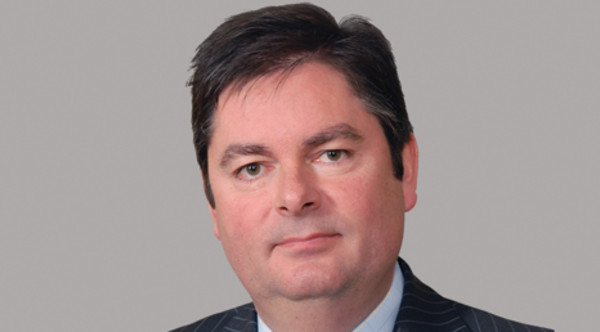

David Hambidge has backed UK mega caps to remain “reliable dividend payers” as concerns grow over yield sustainability.
Karen Robertson’s Standard Life Investments UK Equity High Income fund, which has 65 per cent in large caps, was the joint largest UK equity fund position in Mr Hambidge’s £667m Premier Multi-Asset Distribution fund as of August 31.
The SLI vehicle’s top five holdings include HSBC, Shell and BP, all of which yield more than 6.5 per cent as a result of recent falls.
The Premier co-manager said concerns over the sustainability of mega-cap dividends had been overdone.
“Whatever the people in the market say, I think they are going to be reliable dividend payers,” he said.
By contrast, Mr Hambidge has taken profits on UK smaller companies following a period of outperformance.
He has put this money into a new convertible bonds position – the Polar Capital Global Convertible fund.
Convertible bonds may be converted into a predetermined amount of the company’s equity at times of stress, and Mr Hambidge says he considers these hybrid instruments more like equities than bonds.
The manager is generally avoiding large areas of the bond market, such as gilts and traditional investment-grade corporate bonds.
Instead, he is opting to hold a “decent amount” of floating-rate debt and other alternatives, including asset-backed debt.
He added, however, that he was not in the “Armageddon” camp when it came to the bond market.
He expanded: “I don’t think you’d want to hold a traditional bond portfolio, but I don’t think they are as bad as people are making them out to be.
“The biggest risk in the bond market in our view is duration, not liquidity.”
Elsewhere, Mr Hambidge took the opportunity to modestly top up his holdings in Asia and emerging markets following the slumps seen in August.
“We aren’t betting the farm on Asian equities,” he said.
“However, we saw an opportunity to get some enhanced income from Asia.
“We think the dividends are sustainable and we are being paid to wait until a catalyst for recovery comes.”
The MSCI Emerging Markets index dropped to a six-year low last month, with pressure points including Chinese and Brazilian stocks, commodity manufacturers and a range of emerging market currencies.
But Mr Hambidge spied an opportunity in emerging market stocks, and his moderate optimism on the region enabled him to top up holdings from 2 per cent to 4 per cent – the same increase he made on Asian equities.
One area of the market on which the manager remains relatively cautious is European equities.
He had considered moving back into the region after what he called a “healthy setback” at the beginning of the summer. But he subsequently thought stocks had become “a little too popular”.
He added: “They had gone from being out of favour, to everyone [having] bought them.”
Mr Hambidge had generally found identifying places to buy and generate income “a hard slog” this year.
“Touch wood it’s been fine so far from a relative point of view, but we aren’t expecting a bumper year,” he said.
In the year to September 22, the Premier Multi-Asset Distribution fund returned 3.2 per cent, while the IA Mixed Investment 20-60% Shares sector lost 0.5 per cent, data from FE Analytics shows.



